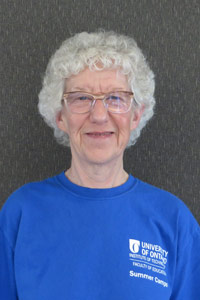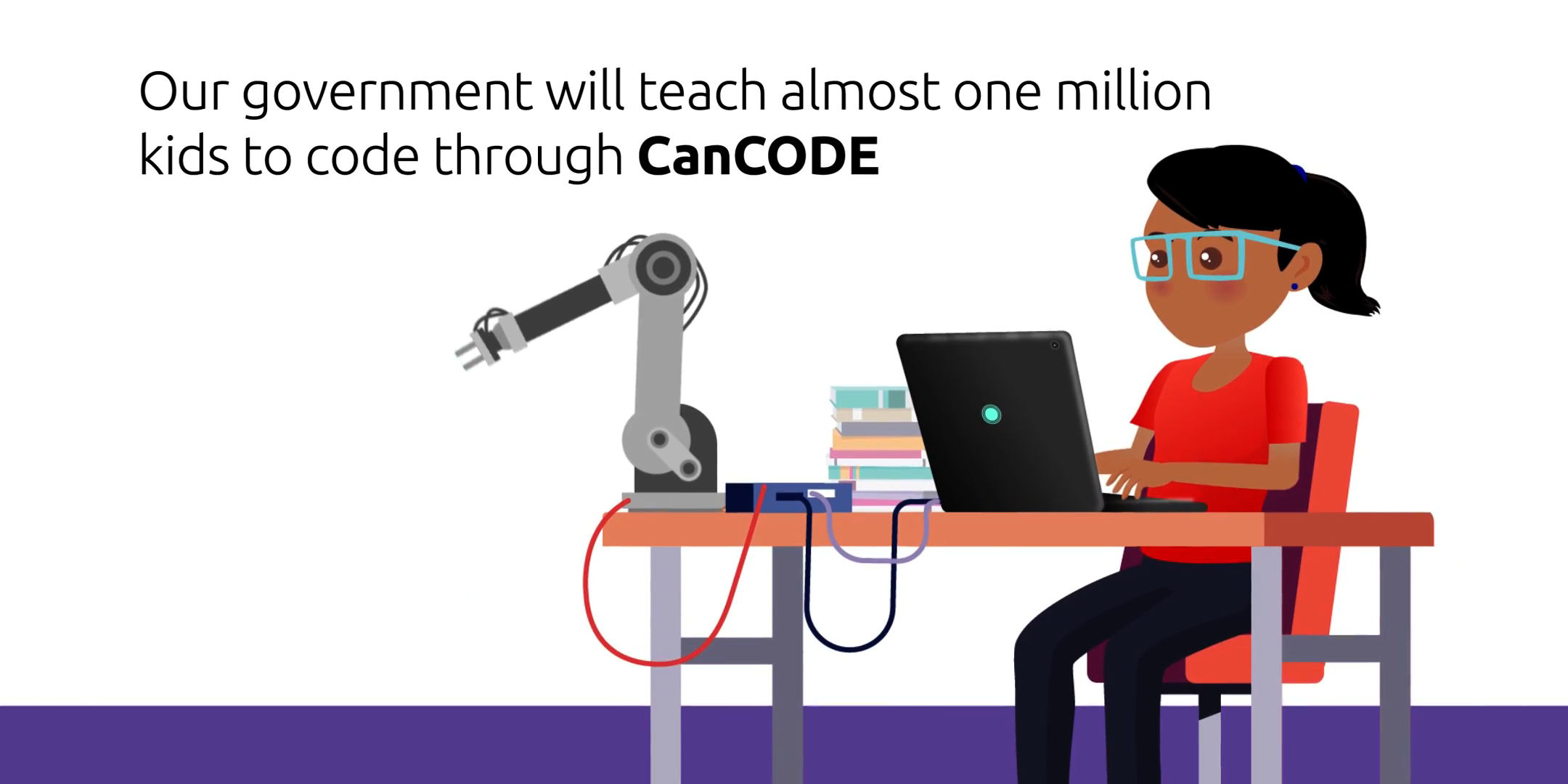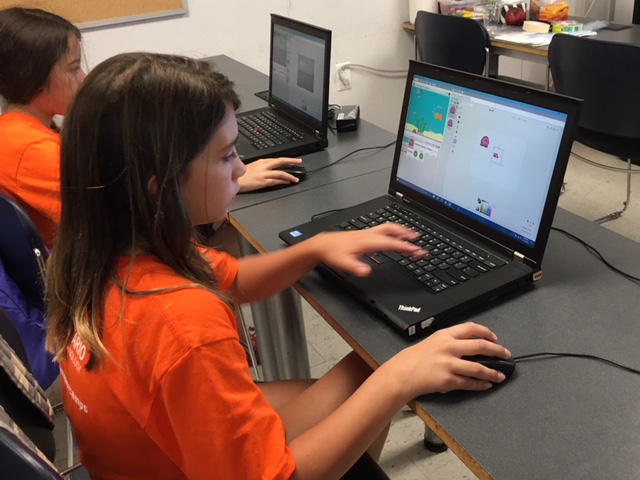How important is access to connectivity to preparing kids for the workforce of tomorrow?
Some of the answers can be found at the University of Ontario Institute of Technology, which is working to help Ontario youths develop the expertise needed for our information economy. UOIT leverages ORION’s high-speed fibre optic network to run summer camps focusing on science, technology, engineering, art and mathematics (STEAM).

Sheila Rhodes, Associate Teaching Professor, UOIT and Director, UOIT summer camps
“We get kids who really love science and technology, and we give them an opportunity to excel,” says Sheila Rhodes, an associate teaching professor in UOIT’s Faculty of Education and director of the institute’s summer camps. “They learn how to use digital technology, which is going to be so important to them when they enter the workforce.”
An instructor at UOIT since 2006, Rhodes led the launch of its summer camps in 2007 and, with the support of two grants from the Natural Sciences and Engineering Research Council, has grown the operation to include six camps focused on the areas of science, technology, nature and physical education. The camps accommodated 1,600 campers ages 6 to 15 this summer, and the speed at which they fill up and accumulate waitlists each year suggest a strong interest by local families in building foundational employability skills in their children.
Highly popular are the five different coding camps offered to kids of varying age groups and skill levels. The beginner option, Code Away! Introduction for ages 6-11, is a primer on using coding program simple, playful robots such as BB8, Sphero, Ollie, and Dash and Dot. Participants also learn how to use programs such as Scratch to create their own video games.
The more advanced coding camps teach more sophisticated programming concepts and techniques to create more complex and interactive computer programs and games. Campers learn to use coding programs such as Tynker, Swift and Swift Playground, and become familiar with computer circuit boards. The activities in these camps involve design, logic, math, computer skills, teamwork and creativity.
“Sometimes we are just blown away by what these campers are creating, games and apps that are very advanced,” says Rhodes, who serves on the executive of the Science Teachers’ Association of Ontario. “These kids are learning skills that aren’t covered that much in school, but that are recognized as important by their parents, and also by the government.”

CanCODE program from the Government of Canada
Rhodes is referring to the Ministry of Innovation, Science and Economic Development Canada’s CanCode program, which is investing $50 million over two years starting in 2017-18 to support initiatives that provide educational opportunities for coding and digital skills development to K-12 students. The purpose of the program is to provide youth with the skills and experiences they need to prepare for the jobs of today and the future.
Similar strengths are being developed by campers taking part in some of UOIT’s other camps. Children registered in some of the Lego camps engage in computer programming to control sophisticated Lego robots with LED lights, motors and sensors. Also on offer are three different Minecraft camps for junior, intermediate and advanced players. By its nature, the wildly popular kids’ building adventure game helps users gain STEAM knowledge, and involves using academic abilities such as reading, writing and math, plus learning how to be creative and problem-solve. Finally, in the seven STEAM camps UOIT offers, some activities involve producing movies and video blogs on iPads, and creating objects with 3D printers.
Given that UOIT’s goal is to provide students with the critical thinking, innovative research and technological skills demanded by leading employers, it provides extensive and high-end computer hardware resources to the camps: Rhodes estimates their facilities include 80 laptops, 60 desktops and more than 60 iPads, as well as equipment such as a 3D printing machine and a circuit machine.
What is just as critical to keeping these camps up and running is ORION’s high-speed digital infrastructure, which provides the reliable and secure connectivity to help campers and counselors access information online, share data and ideas, and bring their creations to life.
Says Rhodes: “Kids today need to be digitally savvy, and that means having the capacity to create and collaborate with digital technologies.”

